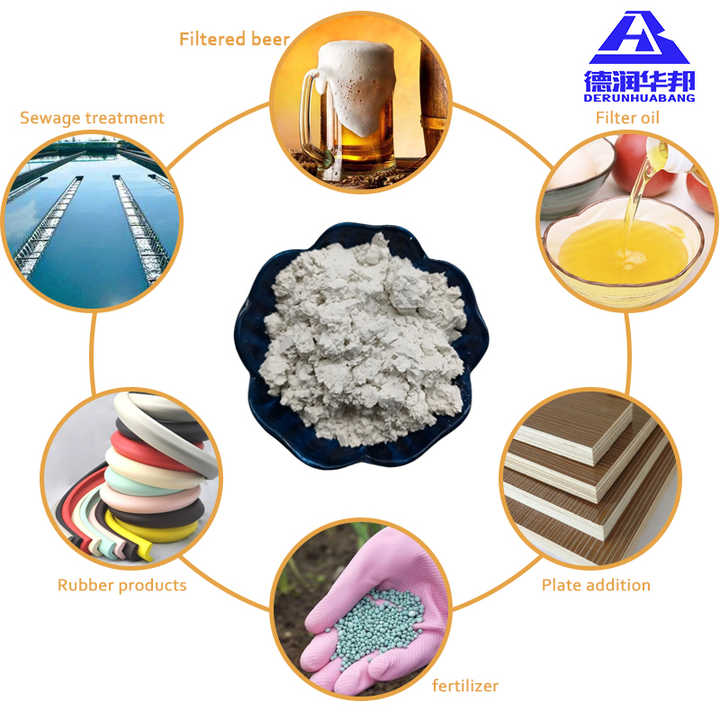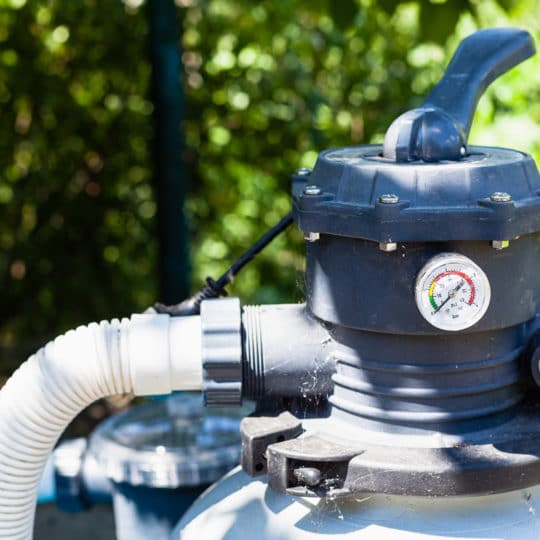A Comprehensive Guide to Diatomaceous Earth Filtering for Clean Water
Unlocking the Conveniences of Diatomaceous Planet Filtering for Pure and Clean Water
The expedition of diatomaceous earth (DE) filtering system offers an engaging choice for those seeking reliable and lasting water filtration techniques. With its unique framework that catches a wide variety of pollutants, DE filtering system not just boosts water top quality but likewise uses advantages in longevity and energy efficiency over standard systems. As the need for tidy water continues to rise globally, understanding the complex applications and advantages of DE filters may disclose critical understandings for both household and commercial usage. What details elements should be considered when picking the perfect DE filter for your needs?
What Is Diatomaceous Planet?
Diatomaceous earth, typically described as DE, is a naturally taking place stratified rock made up mostly of the fossilized remains of little, aquatic microorganisms called diatoms. These single-celled algae are abundant in silica, which is the main element of DE. The special structure of diatomaceous earth includes tiny, porous bits that supply a high surface area, making it an effective filtering system medium.
DE is usually collected from old lake beds and down payments, which have actually accumulated over hundreds of years. It looks like a penalty, white to off-white powder, and its chemical make-up mainly includes silicon dioxide, together with trace quantities of different minerals. This make-up is what provides DE its amazing homes.
In addition to its application in water purification, diatomaceous planet is used in a range of markets, consisting of farming, food storage, and bug control. Its capacity to absorb wetness and its unpleasant high qualities make it an important resource in these areas. On the whole, diatomaceous planet stands apart as an eco-friendly choice for various applications as a result of its natural origin and efficiency in purification processes.

How Diatomaceous Earth Filtering Functions

When water passes with a diatomaceous planet filter, the fine bits are caught in the elaborate network of small pores. The shapes and size of these pores are vital, as they are developed to target certain impurities while allowing tidy water to flow via. As water moves via the filter medium, the mechanical action of the diatomaceous planet catches bigger fragments, while smaller sized impurities are soaked up or literally obstructed.
In addition, the surface location provided by diatomaceous earth is considerable, improving its capability to hold contaminations. This leads to a progressive accumulation of caught fragments, which can be occasionally removed via a backwashing procedure. This technique makes certain consistent purification performance and adds to the general effectiveness of keeping pure and tidy water.
Advantages Over Standard Filtering
When comparing diatomaceous earth filtering system to conventional purification approaches, several benefits emerge that boost water purification effectiveness. One of the main advantages is the exceptional filtration ability of diatomaceous planet (DE), which can get rid of smaller bits and impurities that conventional browse around here filters might miss out on. The tiny structure of DE enables it to record pollutants, consisting of bacteria and protozoa, resulting in cleaner water.
Furthermore, diatomaceous planet filters have a tendency to have a much longer life expectancy than visit this page conventional media, lowering the frequency of substitute and maintenance. This longevity not just decreases operational expenses but additionally decreases waste, contributing to even more lasting practices. DE filters additionally run at reduced pressure, which can result in power financial savings in massive applications.
Another considerable benefit is the versatility of diatomaceous earth. It can be used effectively in different contexts, from metropolitan water therapy centers to specialized industrial applications (diatomaceous earth filtering). The all-natural structure of DE makes it an environmentally friendly choice, without dangerous chemicals and toxins usually linked with artificial filtering systems
Applications in Household and Sector
Many applications of diatomaceous planet filtering system can be located in both family and commercial settings, highlighting its versatility and effectiveness in water purification. In household atmospheres, diatomaceous earth (DE) filters are commonly employed in swimming pools, efficiently catching debris and microorganisms, consequently preserving water clearness and health. Additionally, numerous homes make use of DE in home water purification systems, where it offers to get rid of contaminations, debris, and harmful microorganisms, making sure risk-free drinking water.
In commercial applications, diatomaceous earth filtering is essential to various sectors, consisting of food and drink manufacturing, drugs, and wastewater treatment. In the food industry, DE is made use of in the filtration of beer and a glass of wine, assisting in the elimination of yeast and other particulates while preserving the drink's flavor account. Additionally, in wastewater therapy facilities, DE filters play a vital function in boosting water high quality by capturing impurities and assisting in the recycling of water resources.
The efficiency of diatomaceous earth in both family and industrial applications highlights its indispensable duty in promoting clean water access, adding to public health, and supporting lasting practices.

Picking the Right DE Filter
Selecting the suitable diatomaceous planet (DE) filter is essential for ensuring optimum water filtration, whether for commercial or household usage. diatomaceous earth filtering. The option of a DE filter depends on a number of important variables, including the details application, circulation price requirements, and the preferred level of filtering
First, examine the quantity of water to be filteringed system. For property usage, smaller filters are enough, while industrial applications may necessitate bigger, high-capacity systems. Next off, take into consideration the flow price; it is vital to pick a filter that can take care of the called for throughput without endangering water top quality.
Additionally, review the purification level; DE filters been available in different grades, affecting the removal of particulates and webpage contaminations. For instance, higher-grade filters are ideal for applications requiring rigorous pureness levels.
Finally, consider the upkeep needs and the schedule of replacement DE powder. Filters that are easier to keep and have easily available materials will certainly reduce downtime and operational costs. By carefully taking into consideration these variables, one can select a DE filter that fulfills particular needs, making certain the shipment of risk-free and clean water.
Final Thought
In recap, diatomaceous planet filtering represents a significant development in water filtration technology, offering enhanced performance and effectiveness in catching contaminations. Accepting diatomaceous planet filtering system can lead to boosted public health outcomes and higher accessibility to tidy water.
The exploration of diatomaceous earth (DE) filtering provides an engaging option for those looking for reliable and lasting water purification techniques.When contrasting diatomaceous earth filtering system to traditional purification methods, several advantages emerge that improve water filtration efficiency.Numerous applications of diatomaceous planet filtering system can be discovered in both family and commercial settings, highlighting its adaptability and efficiency in water purification. In domestic settings, diatomaceous planet (DE) filters are frequently utilized in swimming pools, successfully capturing debris and microorganisms, therefore maintaining water clarity and health. In wastewater therapy centers, DE filters play a crucial duty in boosting water top quality by trapping impurities and promoting the recycling of water sources.